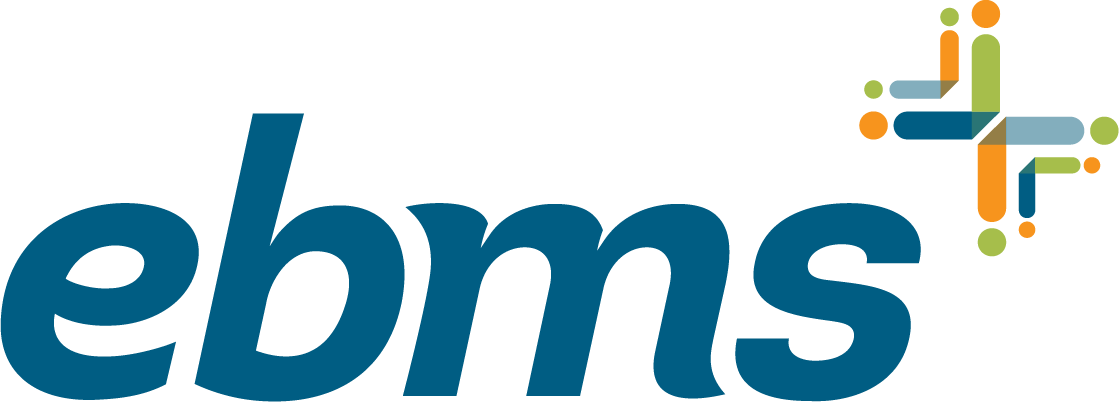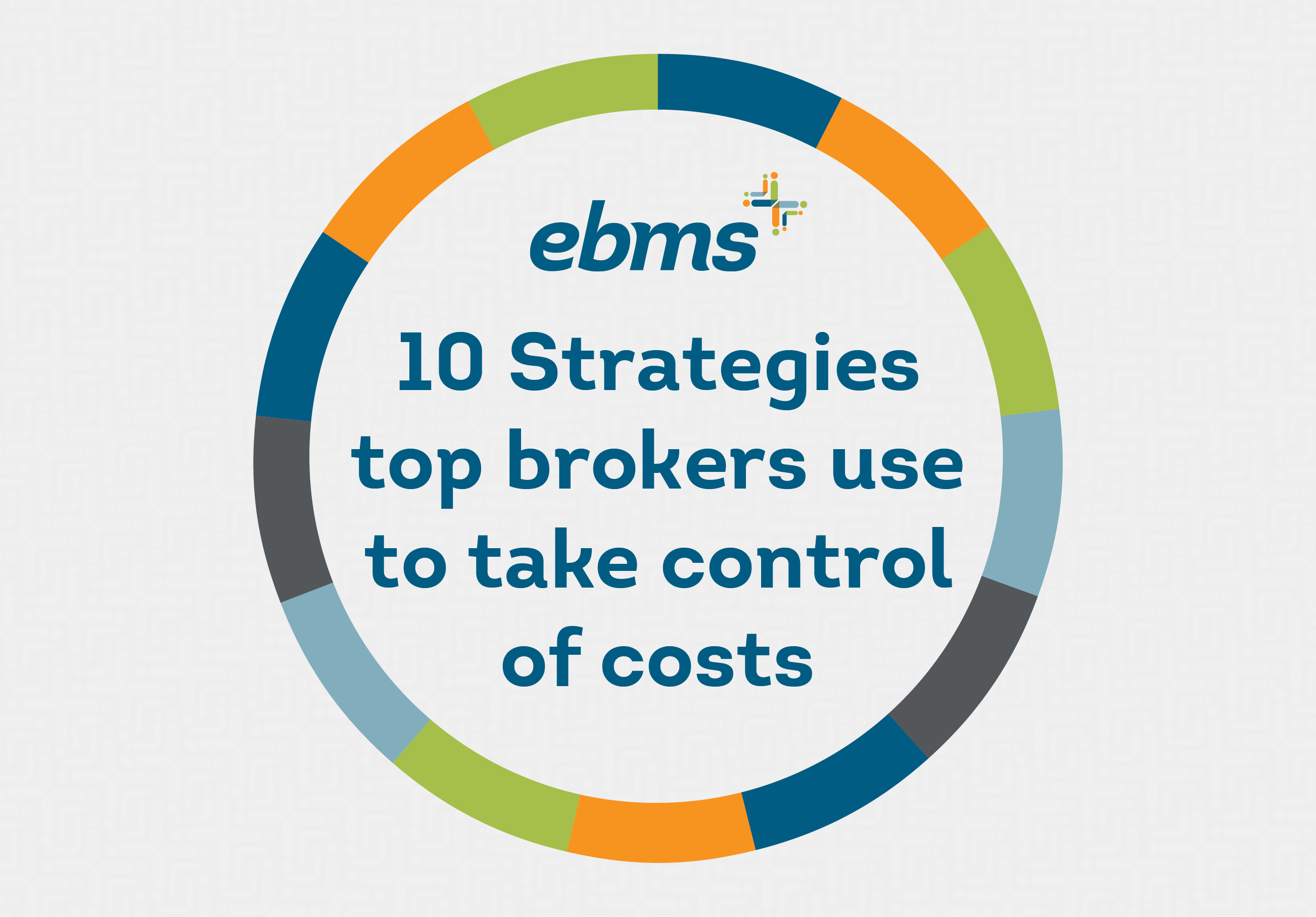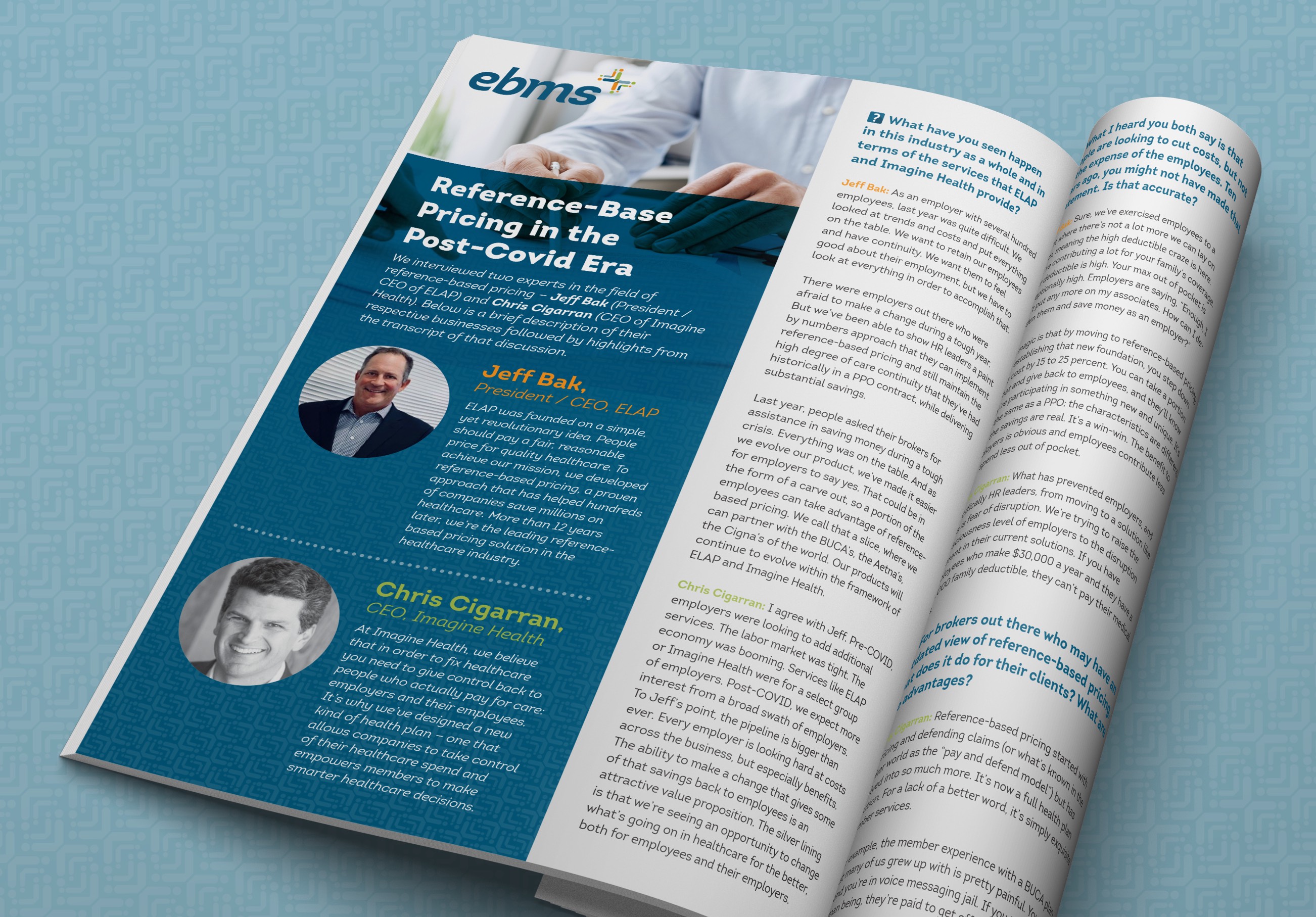Personalized Benefits Can Boost Employee Satisfaction
October 9th, 2018

Sixty-one percent of consumers view their health plan as “cookie cutter” and designed for the masses, rather than personalized or customized to their needs. Seventy-three percent say their plan does not reflect their current health needs very well.
These startling numbers come from a 2017 HealthMine survey of consumers with employer-sponsored health insurance. A study by the LIMRA Secure Retirement Foundation got similar results, concluding that nearly three-quarters of American workers would like the ability to customize their benefits package.
It’s no secret that aligning benefits with employee needs is a crucial part of your retention efforts – and a way to maximize workforce engagement and productivity. But with four distinct generations in the workforce and skyrocketing health costs, structuring a health plan to include personalized services can take some creative effort.
“The key to offering personalized health benefits is to understand the relevant qualities of your employee population,” says EBMS Executive Vice President of Human Resources and Strategic Planning Melissa Lyon. “Which health services are they using? How can we improve their care experience at the individual level, so they feel their plan was tailor- made for them?”
A strategy for personalization often starts with workplace wellness programs that can help individuals address current health concerns or meet health goals, such as reaching an appropriate weight or giving up tobacco. But for true personalization, nothing beats clinical support programs, often known as concierge or navigation services.
Consumers generally lack the skills and specialized knowledge needed to navigate today’s complex healthcare system on their own. A high-touch advocacy and support program can go a long way toward keeping employees engaged. (It can also keep you competitive and reduce wasteful healthcare spending!)
Increasingly, companies are recognizing the value of such services. According to the Large Employers’ 2018 Health Care Strategy and Plan Design Survey, 36 percent of survey participants offer concierge and navigation services this year, up from 28 percent in 2017.
Concierge and navigation services go far beyond typical customer service issues, such as replacing a lost ID card or explaining what counts toward a deductible. Navigators are usually highly trained professionals (nurse, social worker, certified patient navigator) who can provide compassionate, personalized attention. They can help a plan member understand treatment options, manage side effects, find a high- value provider, or coordinate transportation to care appointments. They can distill complex information from many sources into comprehensible guidance and an action plan. A health plan can offer concierge/ navigation services only to members with complicated or chronic conditions, to those in need of inpatient care, or to everyone covered by the plan.
Personalizing health benefits helps an organization to build a positive relationship with employees over time. It is an effective strategy for building a healthy, loyal, and engaged workforce.




